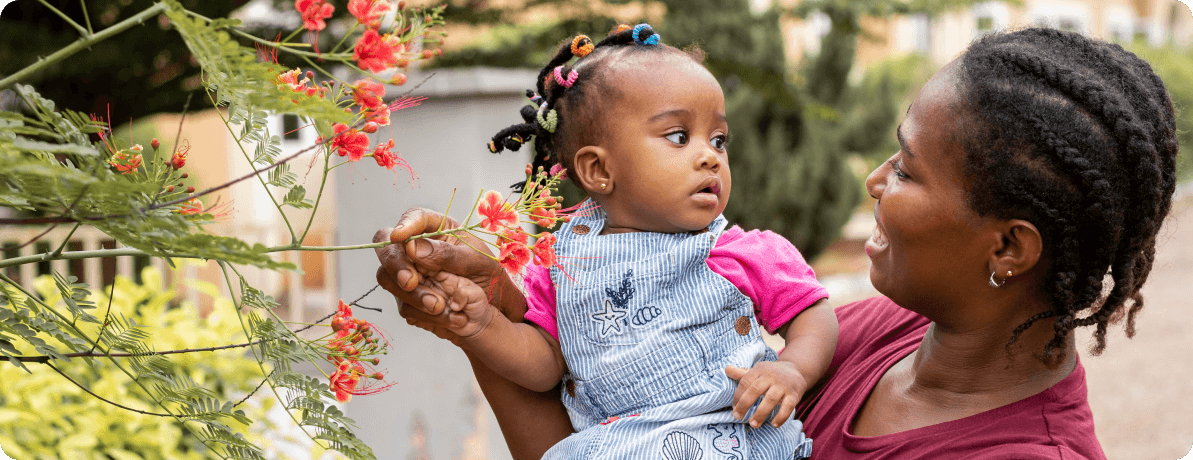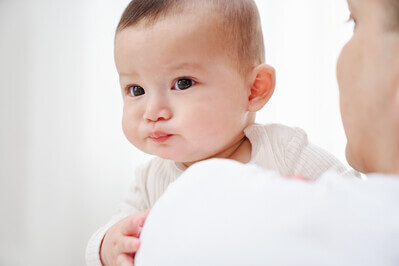
One form of communications between the baby and the mother.
Signs including the appearance of the baby, the way your baby drinks breast milk, urine and feces output, and the baby’s weight, are the correct and reliable indicators of whether enough breast milk is being produced or not.
Some breast engorgement or baby’s crying is not the indicator of insufficient breast milk being produced.
The continuation of breastfeeding increases and stabilizes the amount of breast milk.
Reasons why the babies bite nipples.
- The baby sometimes bites the mother’s nipple when he gets used to breastfeeding.
- Do not worry if this happens. There is nothing to worry about and don’t think that you are not producing sufficient milk or about the milk’s taste. This is a part of exploratory sucking which starts approximately three months after the birth. This means that even if the baby is hungry, he will focus more on playing with the nipple, rolling his tongue and lips rather than focusing more on feeding. This is particularly the point when lips and tongue start to move in different ways and the baby is exploring this aspect.
- Another reason is that the baby’s gums feel itchy because his teeth are growing. The baby cuts his first tooth 7-8 months after the baby’s birth.
- This might hurt and it will be a bit tough for you but don’t scold your baby and treat him well.
- When the baby bites the nipple and it gets cut, breastfeeding will get tougher for you because it will hurt. Take good care of the nipple following all the guidelines.



